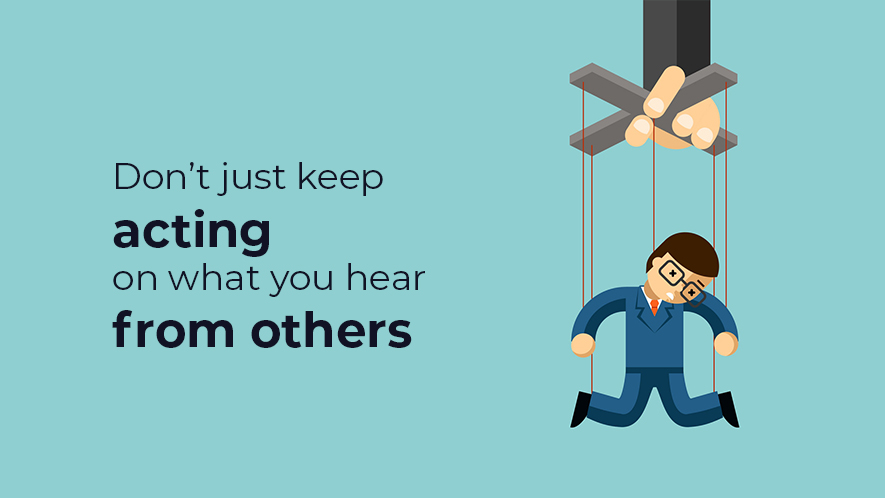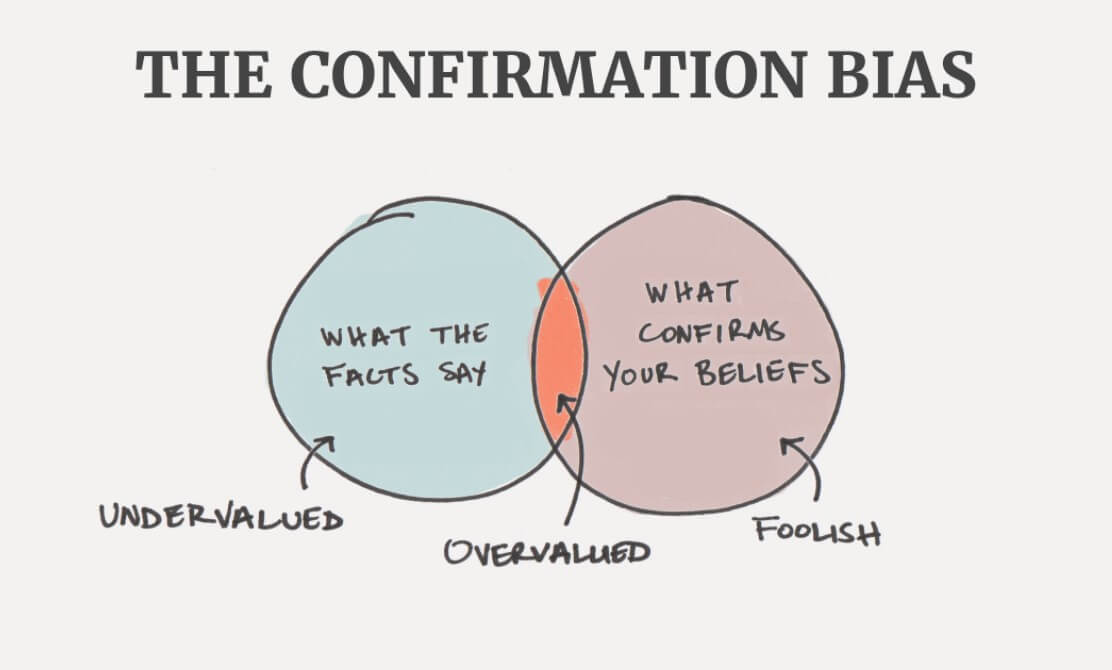It is said that the personal psychological challenge constitutes 90% of the struggle to achieve consistent success as a forex trader. Can it be true? Yes and no. Many great traders who have written about their experiences have recognized how their own inner psychological struggles have caused them heavy losses, even when they “knew” they were doing it wrong. There can be no doubt that the psychological factors are of great importance in the game of Forex or when speculating in any market.
Mastering your negotiating psychology isn’t going to offer you money by itself but, if you’re not aware of the tricks your own head is trying to reproduce, you are very likely to be losing even if you are a good trader and have been successful in your trading decisions. There are hundreds of ways a trader can sabotage himself. There is a “physical” aspect to trading.
We want you to find it useful in your journey as a trader to be aware of the various psychological traps that traders usually fall into. Sometimes you have to experience something for yourself to learn from it: nothing teaches us better than direct experience. We want some of these points to give you a new understanding of the trading errors you have already made or warn you beforehand of mistakes you have not yet made. Make the effort not to blame yourself when you make a mistake while operating: get your “revenge” by learning the lesson and not by making the same mistake.
#1 – Not Believing In Your Methods
It is surprising how many people operate in the markets without being convinced that they can make money or at least make sure that they have a good chance to do so. Even if you think you believe in what you’re doing, are you sure you don’t have big doubts under that surface? The answer to this problem is to prove its methodology. For example, if you follow trends, take time to review much historical data. Does it show profitable results most of the time? It’s based on a solid concept, like a reversion to mean or impulse? If the answer to all these questions is yes, you should be sure of what you are doing and not forget that you believe in it.
#2 – Not Having a Plan and Sticking To It
This sounds very obvious. It’s not just about having a plan, it’s about having several plans and leaving some flexibility. For example, if you are doing day trading, you must have a method to decide in each session which currency pair or pairs to trade. But, if the pair that choose goes nowhere, while another pair shoots up, you may want to reconsider your decision rather than just “stick with the plan”, for example, allowing you the option to modify your opinion hourly. It is a “plan”, but a plan may also include some structured flexibility.

#3 – Not Knowing the Difference Between Planning and Living
It’s pretty easy to make a plan that works on paper, but living that plan in real-time can be something completely different. A good example is to make a plan to do hundreds of trades in a year or so and expect your account to suffer a 20% reduction as it suffers a streak of 20 consecutive trades with losses. You can make the review in a day or two and decide if such losses are acceptable. You will probably feel very different when you spend weeks or even months losing real money over and over while your balance shrinks. There is no optimal answer to this dilemma, just keep in mind that spending months of time in an hour or so is not necessarily a good psychological practice for bad negotiating times.
#4 – Being Afraid Of Placing A Position
These are the opposite sides of the same problem. The best way to overcome this is to tell yourself every day that you are willing to place several positions in one day or none at all, and that what you do will depend entirely on the market situation rather than the condition of your wallet or your mood. There will be days without action and days with lots of action. You have to adapt to the circumstances.
#5 – Making “Agreements” with the Market
Tell yourself that, if the price goes up another 10 pips or if it doesn’t go up in the next hour, you will close the position. This is simply your mind subjected to your anxiety. Ignore it, stand firm, and just step out of positions according to your plan.
#6 – Being Too Anxious To Take Profit
You see a benefit on the table and think how nice it would be to take it and stop operating that day, thus missing what could be a more profitable day. This is laziness and self-indulgence and must be controlled. The only reason to take profit must be that you have a real reason to believe that you will probably not go much further in the desired direction. Let the market point it out, not anticipate it.

#7 – Protecting Yourself From Losses
This is really the same as an appetite for profit. You may need to rethink your risk management strategy.
#8 – Letting Positions With Losses Run
There is a simple way to avoid this: always use a strict stop-loss and do not constantly expand it.
#9 – Not Taking Responsibility for Your Trading
It’s very easy to make excuses. If I hadn’t missed the bus/been distracted/in a bad mood then I would have handled the position better and made money instead of losing it. It’s your duty to make sure that that you do not miss the bus or get distracted or be in a bad mood. Once you take responsibility for your trading activity, your mood can improve as you see that there’s a way to make things better. It’s a marathon, not a sprint.

#10 – Endless Search of the “Holy Grail”
You test and design a strategy that offers an average of 20% profit per year. But wait! Try something else to earn even more, say 25%. Is there anything better out there? Maybe, but this process of searching and testing can take a long time. Consider this: If you spend 6 months testing instead of operating in a committed way to find a way to earn 25% instead of 20%, you will simply lose 10% and it will take you another year to make up for it. Keep searching by all means, but don’t let that affect your trading. Even if you have a pretty solid methodology, it doesn’t have to be perfect!


